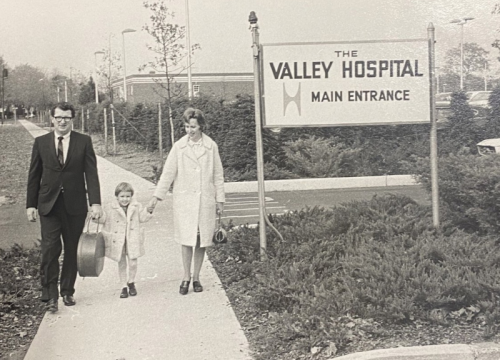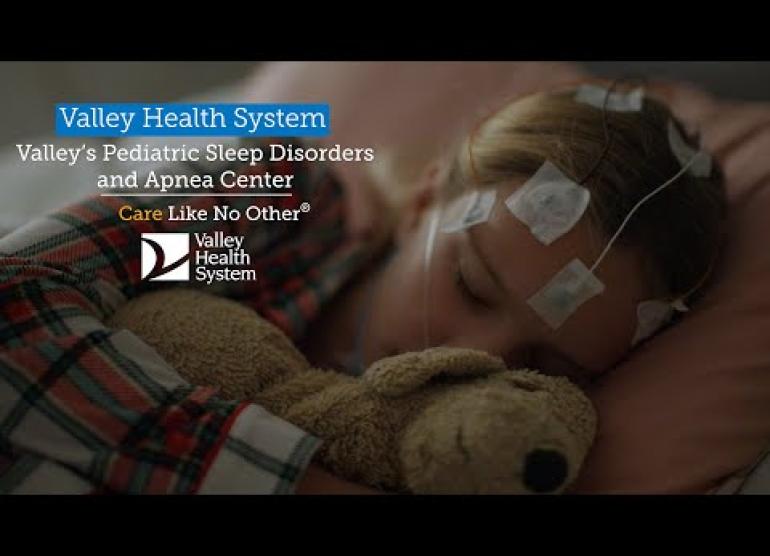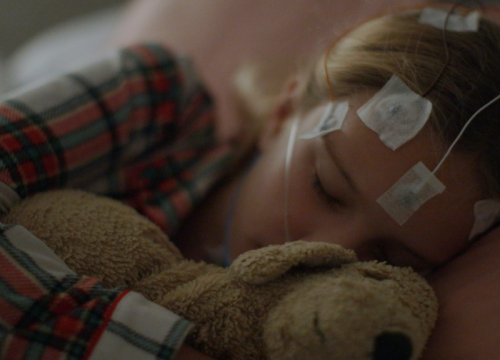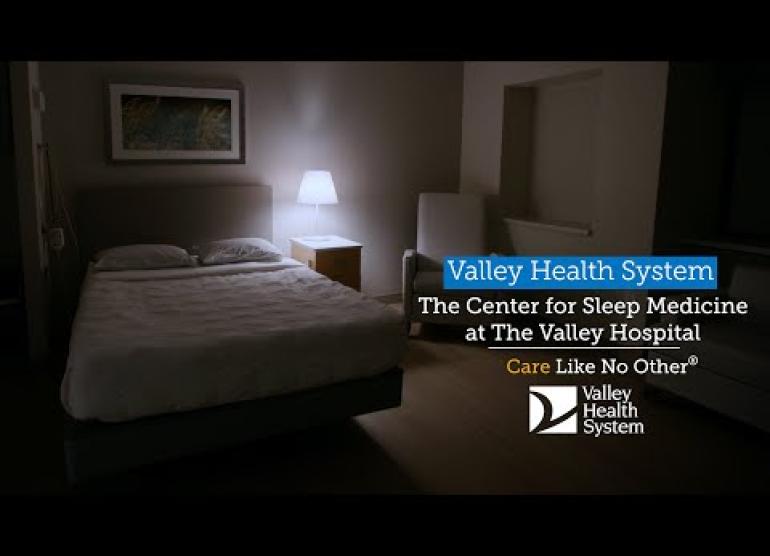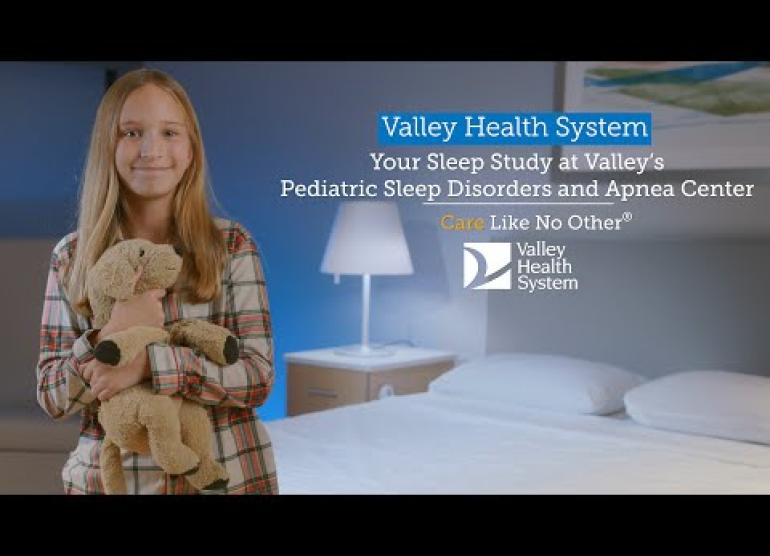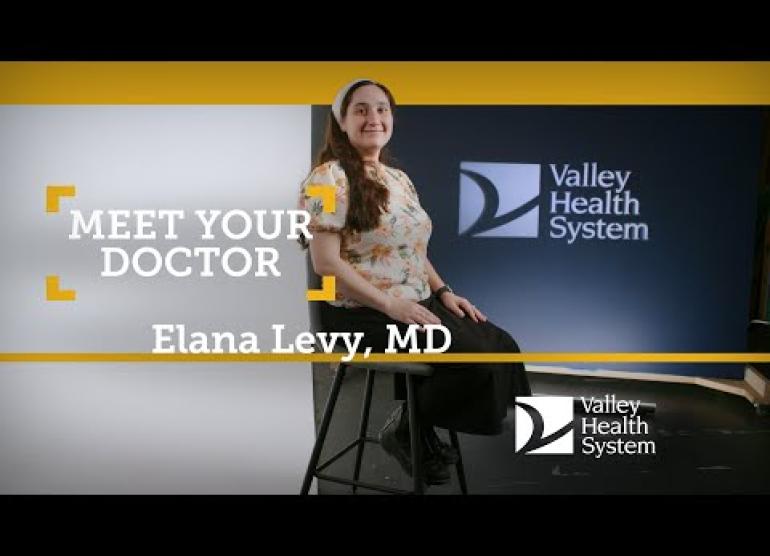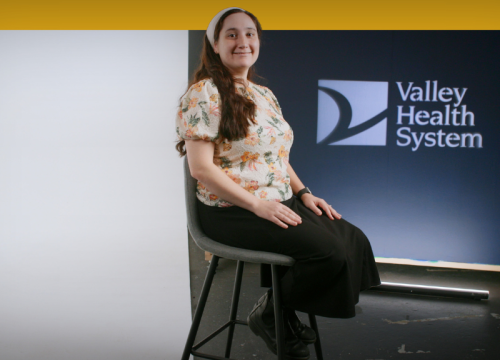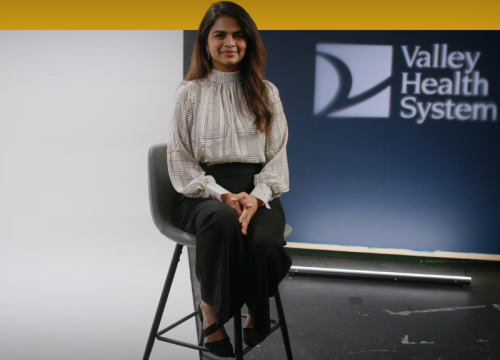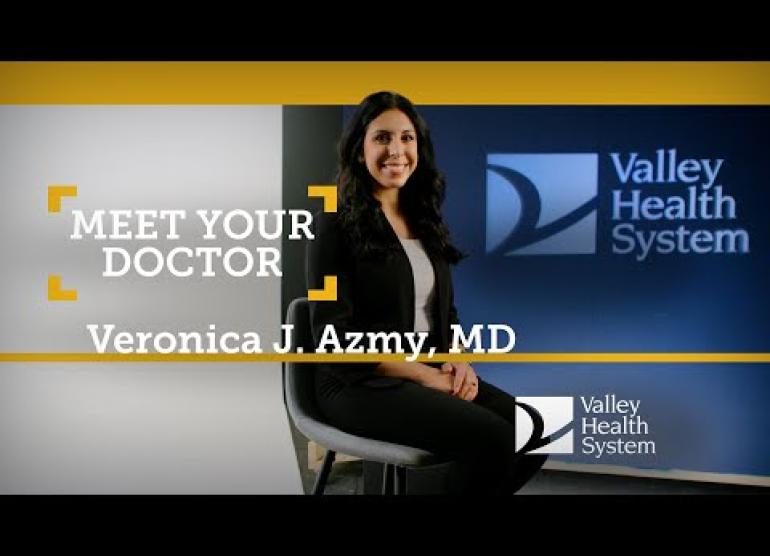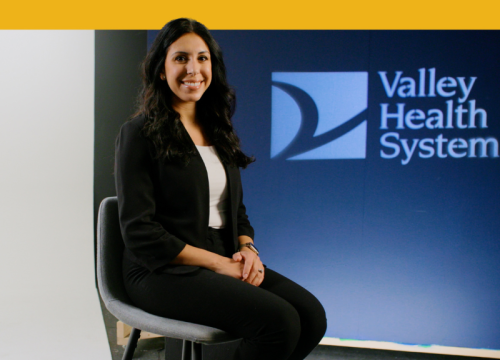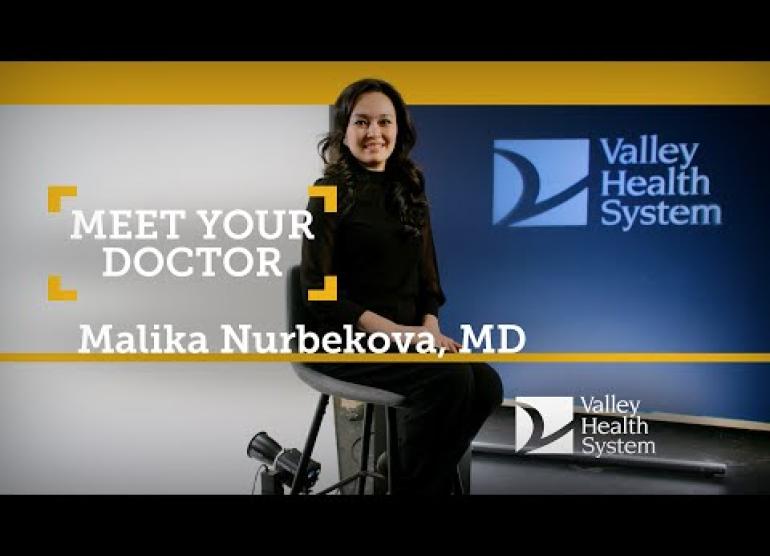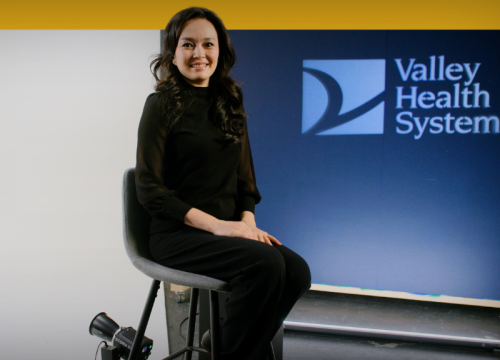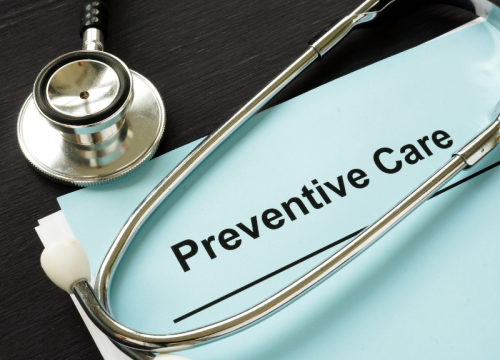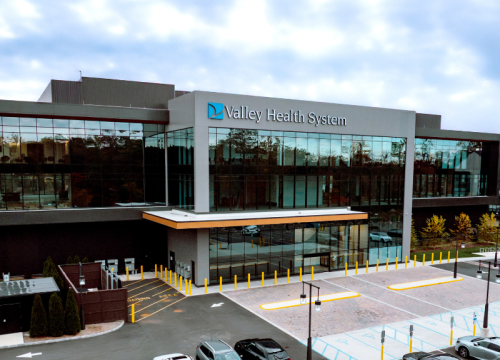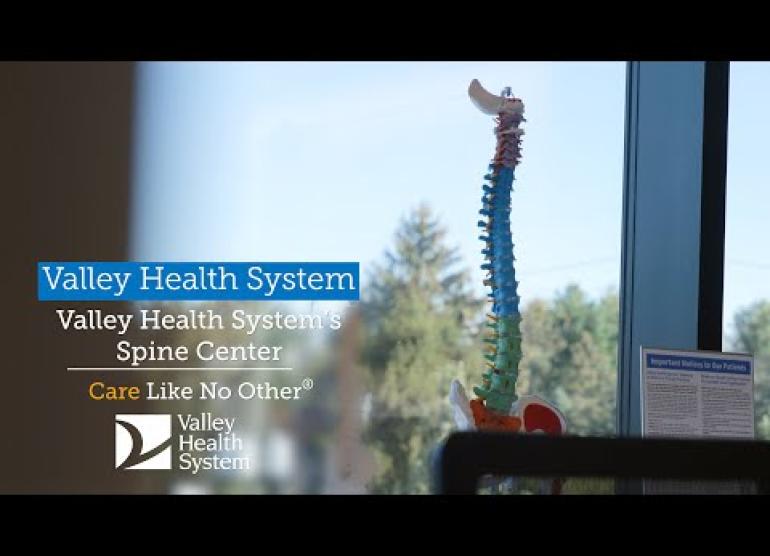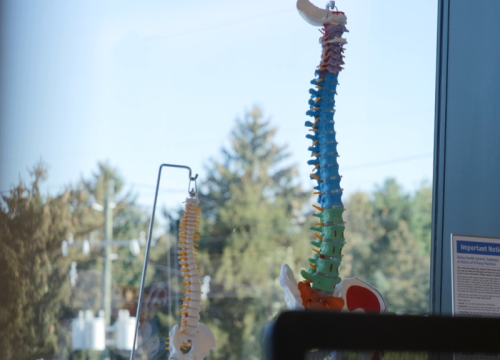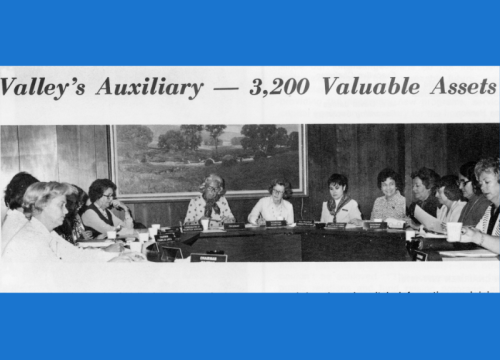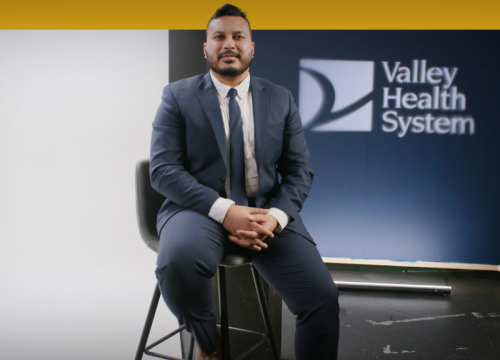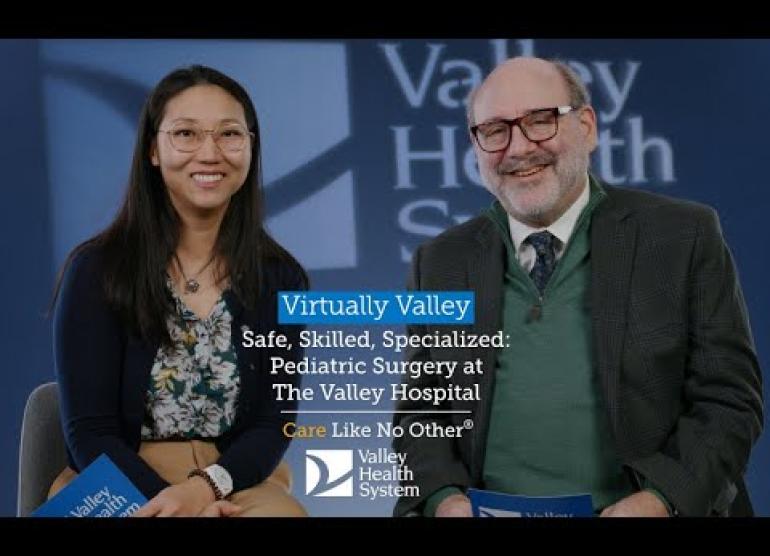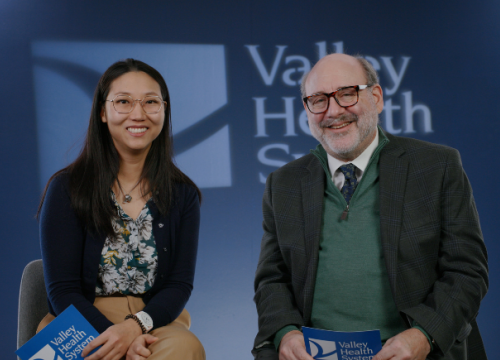There are more than 3.8 million breast cancer survivors in the United States. These include women and men who are currently being treated for breast cancer and those who have completed treatment.
People who survive cancer experience the normal concerns of life, plus the short- and long-term effects of being treated for cancer. In addition to health issues, cancer survivors face psychological, genetic, reproductive, social, financial and employment concerns. That’s why, at Valley, we’ve created at program dedicated to the needs of breast cancer survivors.
Our Approach to Breast Cancer Survivorship
At Valley Breast Center, if you have completed your initial breast cancer treatment, you will be seen in our Survivorship Program. This program is a collaboration between breast surgery and medical oncology. In the program, we assess your needs on a regular basis and provide you with evidence-based recommendations to address them.
Our survivorship team includes our breast surgeons, medical oncologists, advanced practice providers in both breast surgery and medical oncology, and a registered dietitian and health coach.
Breast Cancer Survivorship
Breast cancer survivors may experience some or all of the following:
- Risk of breast cancer recurrence, along with anxiety related to the risk
- Heart problems, including cardiomyopathy, high blood pressure, hyperlipidemia, arrhythmia or heart attack
- Bone, joint and soft tissue problems, including joint pain (arthralgia), muscle pain (myalgia) or lymphedema
- Lung problems
- Hormone-related symptoms, including hot flashes, night sweats or vaginal dryness
- Brain, spinal cord and nerve problems
- Learning, memory and attention difficulties
- Emotional difficulties
- Dental and oral health and vision problems
- Digestion problems
- Sexuality and sexual function issues
- Fatigue and/or sleep issues
- Secondary cancers
As part of your survivorship visit, we will discuss any issues you are dealing with and create a plan for addressing them. This may include referring you to other Valley specialists who can provide additional, coordinated care.
What to Expect at Your First Survivorship Visit
At your visit, we will focus on the following main areas:
Survivorship Assessment Survey
You will be asked ahead of time to complete a survivorship assessment survey. The survey will allow your provider to determine whether you have any concerns for the visit.
The survey will ask about:
- Symptoms related to your heart, anxiety, depression, cognitive function, fatigue, lymphedema, hormone-related symptoms, pain, sexual function and sleep
- Whether or not you engage in regular physical activity or exercise
- What your diet is like
- What vitamins and/or supplements you take
Medical History and Physical Exam
Your visit will include a detailed medical history and physical exam. The history will focus on any concerns that were identified in the survivorship assessment survey and any other issues that you want to bring up at the visit. The physical exam is comprehensive and will include a breast exam.
Health Care Maintenance and Screenings
At your visit, we will discuss your breast imaging, and your provider will discuss if are up to date with other health care maintenance (including but not limited to, a skin exam, colonoscopy for colorectal cancer screening, gynecology visit and bone density scan).
Treatment and Action Plan
Following this, we will make a treatment plan together, which will include:
- An action plan for any issues that were brought up at the visit
- Your next breast imaging
- Any blood work, other tests and/or referrals that need to be ordered
You will leave the visit with your next follow-up appointment.
Focus on Wellness and a Healthy Lifestyle
During survivorship, we encourage you to maintain a healthy lifestyle to reduce your risk of cancer recurrence. This will also help you address many of the short- and long-term effects that come with cancer treatment.
Our registered dietitian and health coach will help you with:
- Evidence-based clinical nutrition services and nutrition education
- A process to facilitate and empower you to develop and achieve your goals related to your health and wellness
- Support to develop self-management strategies for making sustainable, healthy lifestyle and behavior changes



